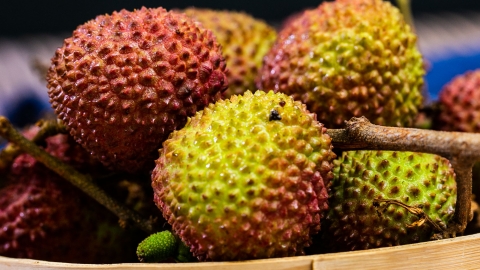Can I eat lychee after surgery?
Generally, whether one can eat lychee after surgery depends on the type of surgery, individual physical condition, and recovery status. If gastrointestinal function is healthy and there are no allergies or abnormal blood sugar levels, moderate consumption of lychee may be acceptable. However, individuals with a history of allergies, poor blood sugar control, or weakened gastrointestinal function are advised to avoid eating lychee. Detailed explanations are as follows:

If the surgery was non-gastrointestinal and recovery is progressing well, with normal gastrointestinal function and no history of lychee allergy or glucose metabolism disorders, moderate lychee consumption may help supplement nutrients such as vitamin C and glucose, providing energy for recovery. The dietary fiber in lychee can also promote intestinal motility and aid postoperative recovery.
Individuals allergic to lychee may experience allergic reactions such as rashes or difficulty breathing after consumption. Diabetic patients or those with poor blood sugar control should avoid lychee due to its high sugar content, which may cause blood sugar fluctuations and interfere with postoperative recovery. For those who have undergone gastrointestinal surgery or have weak gastrointestinal function, excessive lychee consumption may increase digestive burden due to its high fiber content, potentially causing discomfort such as bloating or abdominal pain.
Postoperative lychee consumption should be based on individual recovery conditions, starting with small amounts and gradually increasing while monitoring physical reactions. If any discomfort occurs, consumption should be stopped immediately. It is recommended to combine lychee with other easily digestible fruits, vegetables, and protein-rich foods to maintain a balanced diet and promote recovery.








